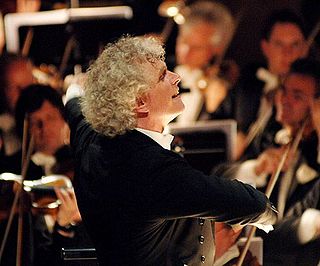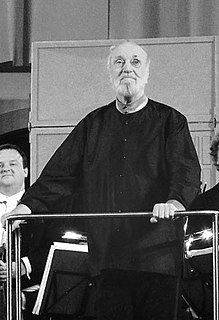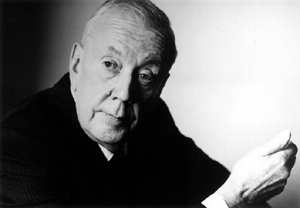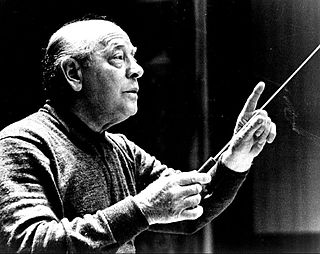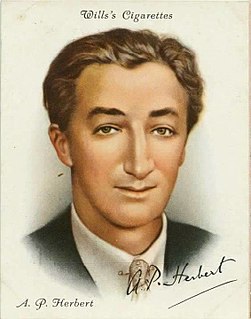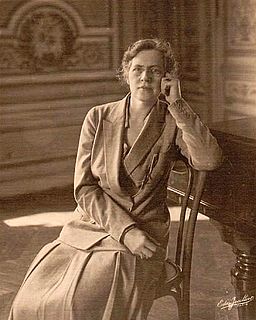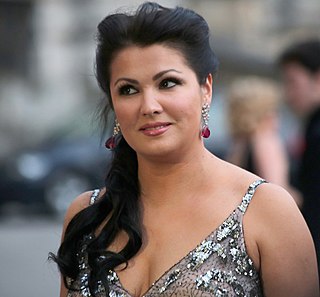A Quote by Simon Rattle
I first heard Mahler's second symphony aged 11 in Liverpool, and it inspired me to become a conductor.
Related Quotes
People have an affinity towards things, and you don't know where it comes from. Mozart wrote a symphony when he was four, so it's said; the theory is maybe because his father was a conductor, it happened in vitro, and he heard the music before he was born, and by the age of four he knew how to write music.
